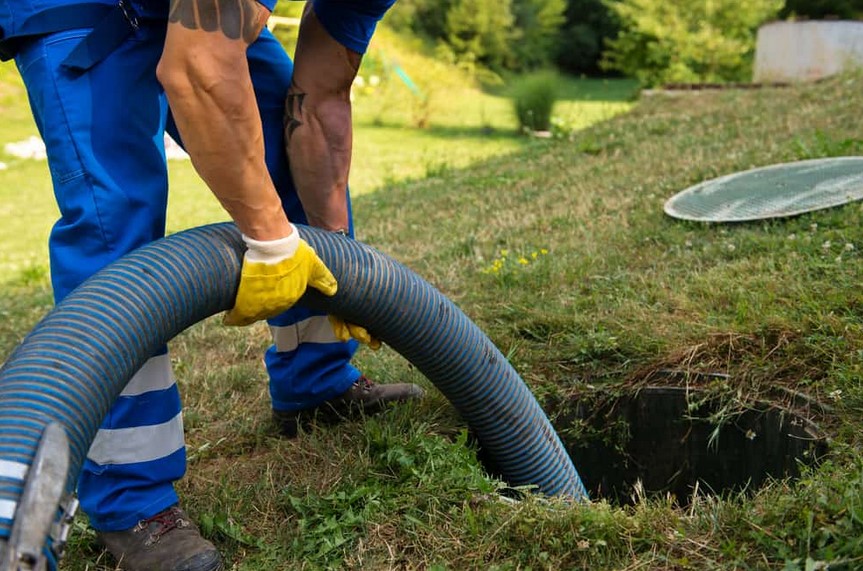
If you are a homeowner concerned about your septic tank’s health, you should know that you can easily take steps to have your septic tank cleaned. However, before taking any action, you must first understand the process.
Drain field
Having a septic tank cleaning Orlando FL done by professionals is essential to a healthy and efficient system. The septic tank is an underground container that holds wastewater until it can be transported to a wastewater treatment plant.
A septic tank is typically made of concrete or fiberglass. It contains filters that prevent unwanted debris from entering the leach field lines.
Septic tanks must be cleaned at least once a year. If you use an alternative septic system, it should be inspected more frequently, as recommended by the manufacturer.
When a septic tank is clogged, it can cause backups in your home. It is because sewage can be very corrosive. To prevent the problem, keep your septic tank clean.
In addition, make sure that your septic tank is pumped regularly. It should be pumped when the sludge has built up on the bottom. Also, note the scum and sludge levels in your service report.
It would be ideal if you also retained a comprehensive schematic of your septic tank’s location. Finally, if your tank needs to be pumped, ensure that the cover is sealed and in place.
Solid wastes
Septic tank cleaning is crucial to maintaining your home’s septic system. It can be unpleasant, but a dirty septic tank will not effectively treat your waste.
The first step in septic tank cleaning is removing any solids in the tank. It is often done by flushing the tank. However, if this does not work, it is best to call a professional.
Another critical step in septic tank cleaning is maintaining the drain field. This area is where wastewater is dispersed evenly over the soil. Keep this area clear of rainwater drainage and sump pumps. Heavy equipment on the leach field can compact the soil.
One good way to clean your septic tank is to use a hose to break up the solids. Alternatively, you can also use baking soda. Be sure to wait twelve hours before using the hose or baking soda to remove the sludge from your septic tank.
Putting things down the drain
When doing septic tank cleaning, you should never put things down the drain that can damage the system. These include household chemicals, food waste, and medications.
The septic system relies on friendly bacteria to break down organic waste. However, harsh cleaners can eat away at pipes, kill beneficial bacteria, and cause several other problems. Therefore, keeping the tank free of sludge and scum is integral to maintaining a healthy septic system.
A great way to clean the system is to get a septic tank inspection from a professional. During the inspection, a septic technician will look for leaks and check the layers of sludge and scum in your tank. You will want to keep detailed records of your septic tank’s condition so you can refer to them later.
Trash disposal is a great way to eliminate crumbs and other solid debris. However, it could be better to use it as a regular fixture.
Maintenance of a septic system
You must grasp how to manage a septic system if you own one. Failure to properly maintain it can lead to significant repairs. Not only that, a failing septic system will reduce the value of your property.
A septic system is a system for treating wastewater on-site. It includes a septic tank and a drain field. The tank collects and stores wastewater until it is pumped out by a professional.
Septic tanks need to be inspected regularly. A septic tank can last for forty years if it is properly maintained.
Your septic system should be inspected every three to five years. If you have an alternative method, such as one with mechanical components, you should have it reviewed yearly.
When inspecting your septic system, some things to watch out for are gurgling water, standing water, and overgrown vegetation. These can all be signs of a clogged leach field.
You should not flush diapers, sanitary napkins, feminine hygiene products, oil, and cooking grease. Oil and grease can clog your plumbing.
